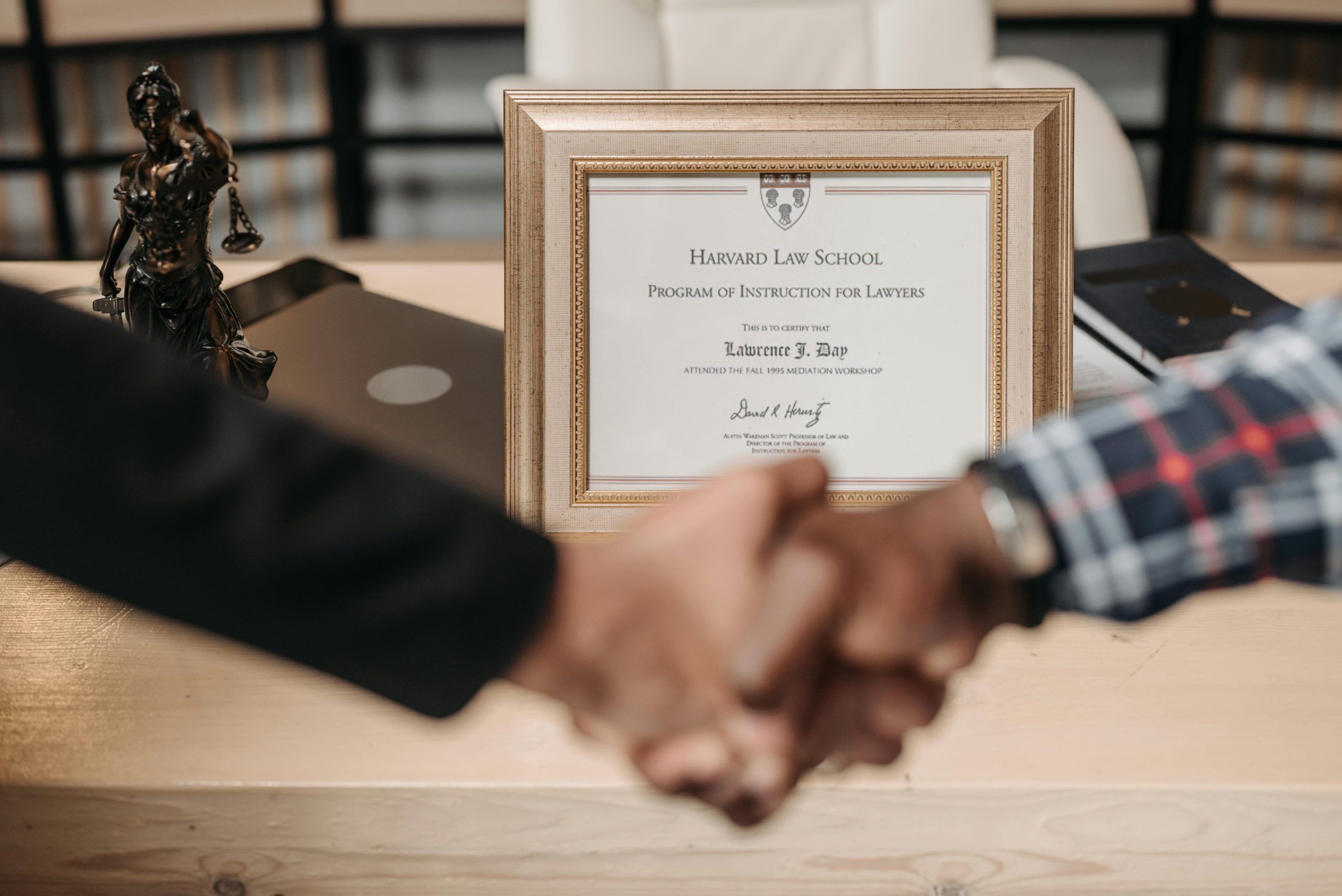Before Its Embrace of Activism, Harvard Contemplated Talks with Trump
In a surprising turn of events, Harvard University found itself navigating treacherous waters as it sought to establish an understanding with the Trump administration. With several high-profile donors advocating for a more conciliatory approach, the pressures on the university’s leadership were palpable.
During this tumultuous period, the role of the law firm Quinn Emanuel came into sharp focus. Harvard engaged William A. Burck, an attorney who also serves as an ethics adviser for the Trump Organization, tasking him with the crucial responsibility of initiating discussions with the administration. Initial reports suggested promising progress in the negotiations, fuelling a glimmer of hope among university leaders.
However, everything shifted dramatically on April 12, when Ms. Pritzker, a prominent member of the university’s governing body, received an unexpected email from the White House’s newly formed task force addressing antisemitism. This correspondence contained a list of stringent demands that Harvard “immediately” cease its Diversity, Equity, and Inclusion (D.E.I.) programs and review its practices regarding “viewpoint” diversity and admissions of international students. To Ms. Pritzker, this letter appeared less like a logical step in negotiations and more akin to a hostile takeover bid.
In the immediate aftermath, the board engaged in urgent discussions via phone and text messages, grappling with the shock of the news as they prepared for their Passover celebrations. A pivotal video meeting took place the following Sunday, where Ms. Pritzker advocated for a robust response, which resonated with most of her peers, including notable figures like Mr. Chenault and Theodore V. Wells Jr. It was decided that Dr. Garber would deliver a strong rebuttal to the White House demands, signaling to the world that Harvard was ready to stand its ground.
Yet, while public pressures mounted, the White House quietly extended olive branches, attempting to reinitiate dialogue with the university. Harvard’s representatives were informed that the April 11 letter had been sent in error—a revelation that left some board members perplexed but ultimately did not sway their resolve to counterattack. Following the letter’s release, the administration’s public critiques of Harvard only intensified.
As conversations heated up, Mr. Burck urged the corporation to reconsider the potential risks of litigation. However, the board remained steadfast in its desire to pursue legal action. Dissenting opinions emerged from the university’s influential donors, who were increasingly concerned about the

No Responses